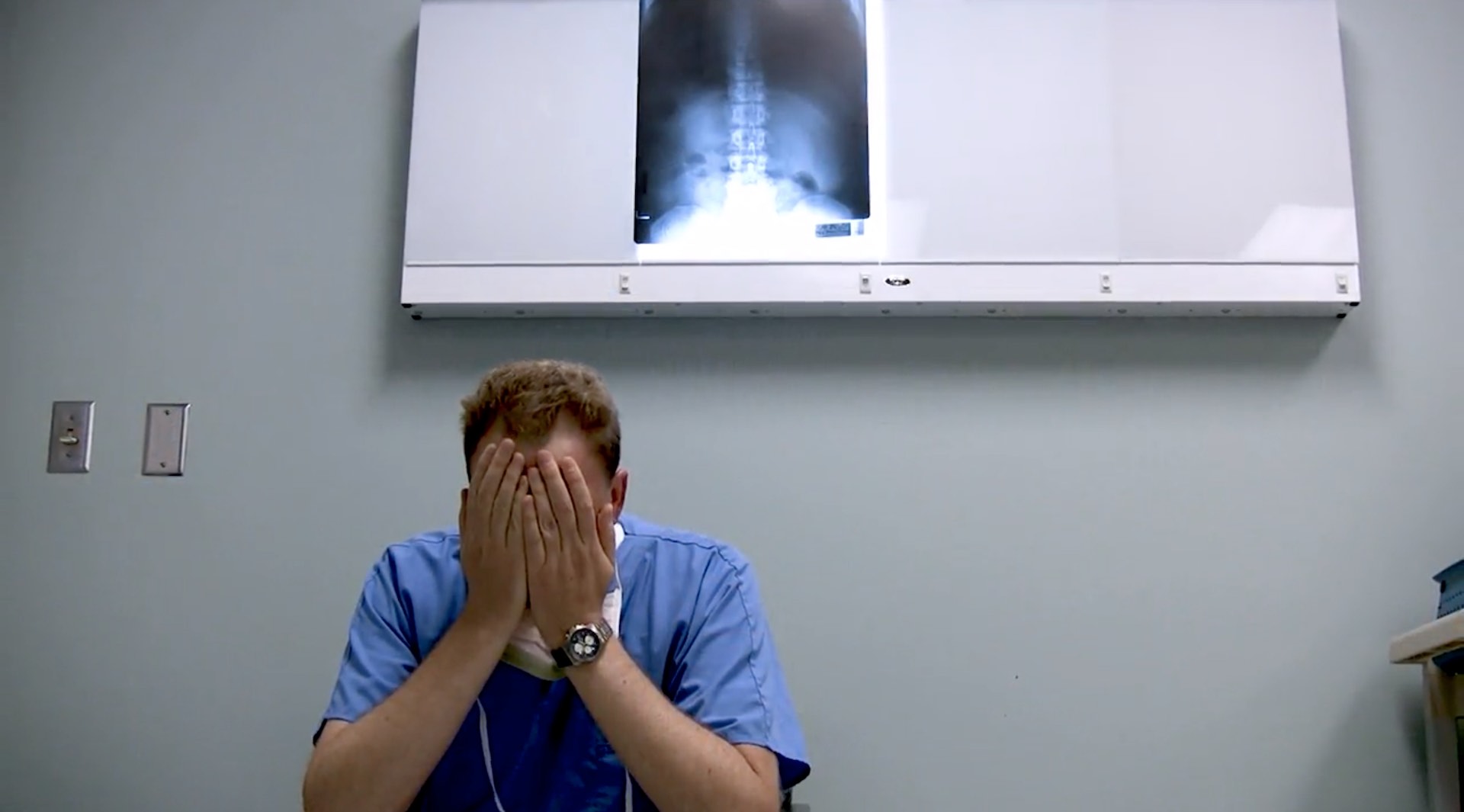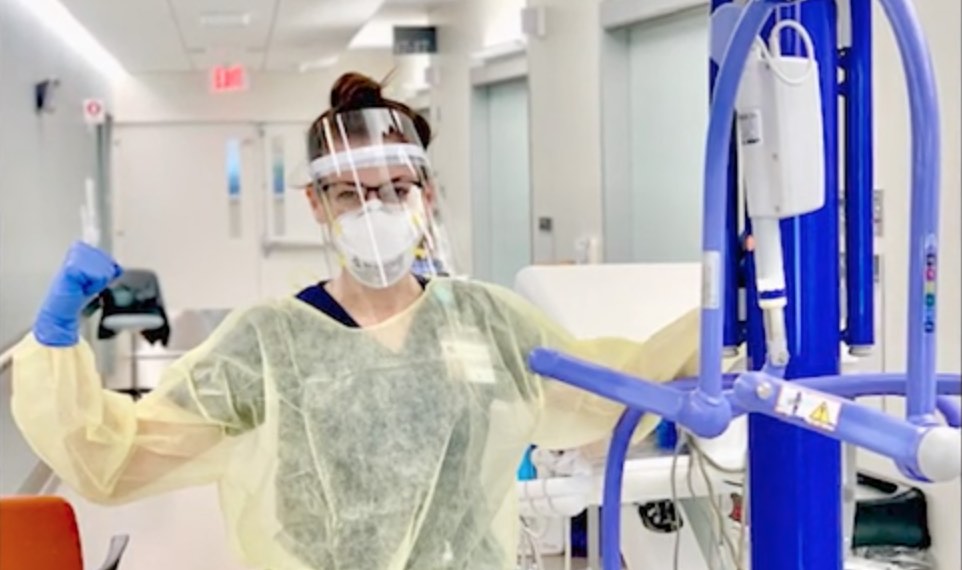Prophylactic azithromycin reduces bronchiolitis obliterans rates in lung transplantees
Reuters Health • The Doctor's Channel Daily Newscast
June 29, 2010 • Critical Care, Hospitalist, Internal Medicine, Pharmacists, Pulmonary Medicine, Reuters Health • The Doctor's Channel Newscast, Surgery, Transplantation
NEW YORK (Reuters Health) – Azithromycin is not only an effective treatment for bronchiolitis obliterans syndrome (BOS) that occurs in many lung transplant patients, it can also prevent the condition developing, a Belgian team reports in the European Respiratory Journal, online June 18.
“This paper is indeed one of the first randomized placebo controlled studies to prevent BOS after lung transplantation,” commented senior investigator Dr. Geert M. Verleden at University Hospital Gasthuisberg, Leuven. “It clearly demonstrates that azithromycin in addition to current immunosuppressives is able to prevent BOS at least at 2 y after transplantation.” Furthermore, “These results clearly show that there is more to do than simply giving immunosuppressives.”
Dr. Verleden and colleagues randomly assigned 83 lung transplant patients to either 2 years of treatment with prophylactic azithromycin, 250 mg three times a week, or to placebo.
BOS occurred in 12.5% of the patients on azithromycin compared with 44.2% in those given placebo. The hazard ratio for BOS-free survival was 0.27 (p=0.02) favoring azithromycin. Patients on azithromycin also had better FEV1.
However, rejection rates and overall survival were similar in the two groups.
“To us at least, this does not mean that every patient should now be treated with additional azithromycin, first of all since the results on survival are identical in the azi and the placebo group (because the ones who developed BOS were all shifted to active azithromycin),” Dr. Verleden explained.
If patients are not teated prophylactically, “Of course then a close follow-up of the patients with pulmonary function testing and regular bronchoscopy with BAL (to look for neutrophilia) is then warranted. If this cannot be provided due to several logistic reasons, then we would advice to add azi after transplantation asap.”
A second reason for not using azithromycin routinely is that the necessary duration of treatment is not known. “Whether azi has an effect later on (after more than 2 years) will have to be further investigated and currently we have one additional year of treatment in most of our patients but these data still need to be worked out,” Dr. Verleden continued.
One thing his group has found is that “when this treatment is initiated and again stopped later on, BOS (or rather NRAD as we call it) may recur,” he concluded. “Presently we do have patients who are taking azithromycin already for 8 years without any problems.”
Reference:
http://dx.doi.org/10.1183/09031936.00068310
Eur Respir J 2010.
“This paper is indeed one of the first randomized placebo controlled studies to prevent BOS after lung transplantation,” commented senior investigator Dr. Geert M. Verleden at University Hospital Gasthuisberg, Leuven. “It clearly demonstrates that azithromycin in addition to current immunosuppressives is able to prevent BOS at least at 2 y after transplantation.” Furthermore, “These results clearly show that there is more to do than simply giving immunosuppressives.”
Dr. Verleden and colleagues randomly assigned 83 lung transplant patients to either 2 years of treatment with prophylactic azithromycin, 250 mg three times a week, or to placebo.
BOS occurred in 12.5% of the patients on azithromycin compared with 44.2% in those given placebo. The hazard ratio for BOS-free survival was 0.27 (p=0.02) favoring azithromycin. Patients on azithromycin also had better FEV1.
However, rejection rates and overall survival were similar in the two groups.
“To us at least, this does not mean that every patient should now be treated with additional azithromycin, first of all since the results on survival are identical in the azi and the placebo group (because the ones who developed BOS were all shifted to active azithromycin),” Dr. Verleden explained.
If patients are not teated prophylactically, “Of course then a close follow-up of the patients with pulmonary function testing and regular bronchoscopy with BAL (to look for neutrophilia) is then warranted. If this cannot be provided due to several logistic reasons, then we would advice to add azi after transplantation asap.”
A second reason for not using azithromycin routinely is that the necessary duration of treatment is not known. “Whether azi has an effect later on (after more than 2 years) will have to be further investigated and currently we have one additional year of treatment in most of our patients but these data still need to be worked out,” Dr. Verleden continued.
One thing his group has found is that “when this treatment is initiated and again stopped later on, BOS (or rather NRAD as we call it) may recur,” he concluded. “Presently we do have patients who are taking azithromycin already for 8 years without any problems.”
Reference:
http://dx.doi.org/10.1183/09031936.00068310
Eur Respir J 2010.









